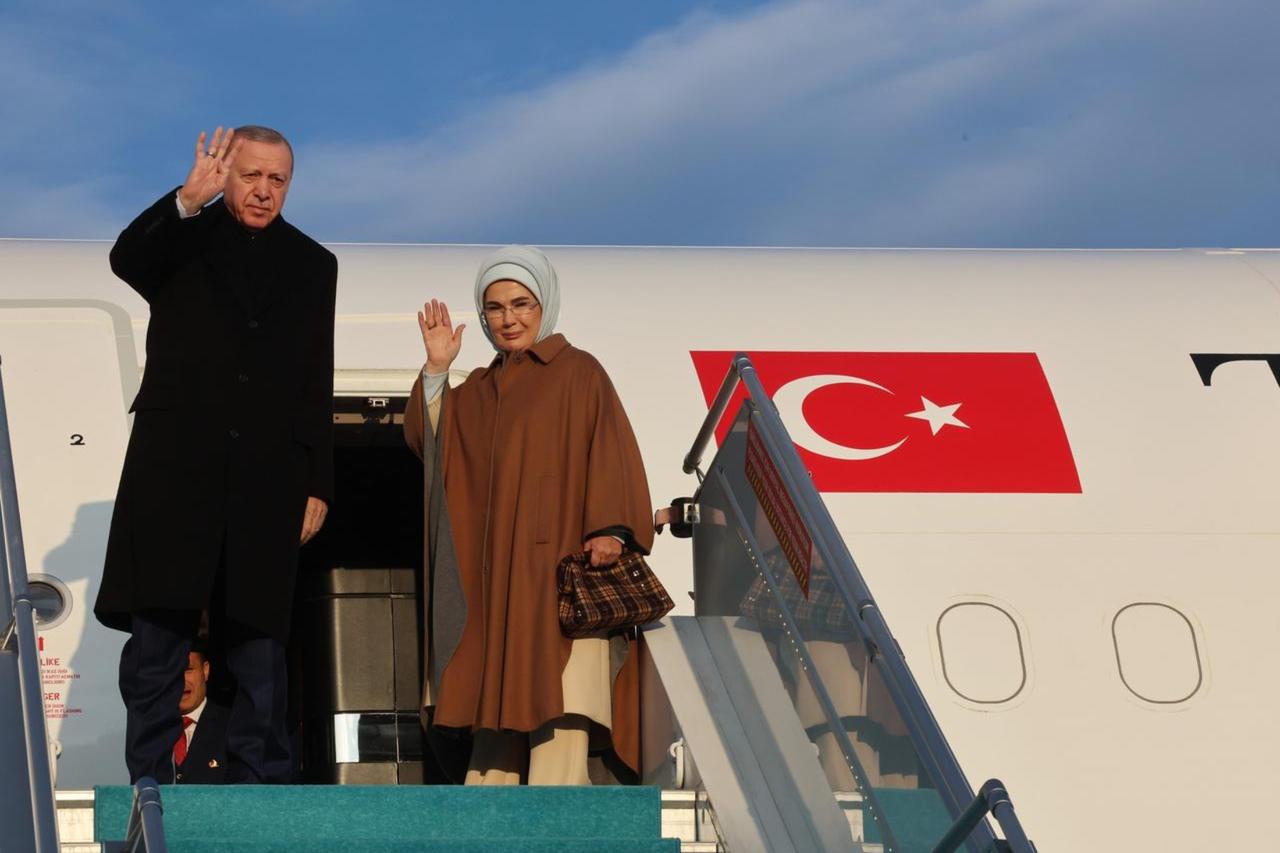
Spotify is evaluating whether to suspend or completely end its operations in Türkiye, after a public dispute with government officials over playlists that allegedly insult religious and national values.
Which Spotify playlists triggered official backlash in Türkiye?
The controversy began after user-created playlists referring to first lady Emine Erdogan circulated on the popular streaming platform.
Among them were titles like “Songs Emine Erdogan listened to when her golden faucet broke” and “Emine Erdogan hotgirl playlist.” The Turkish government condemned these lists as offensive and “incompatible with the cultural and moral values of our nation.”
Deputy Minister of Culture and Tourism Batuhan Mumcu accused Spotify of hosting “content that targets our religious and national values and insults the beliefs of our society.”
He said the platform ignored “the sensitivities of our society” and called for legal action. The Turkish Competition Authority soon launched an investigation into the company’s market practices.
Competition authority investigates Spotify for market discrimination
The investigation focuses on whether Spotify granted unfair visibility to certain artists, discriminated against independent musicians, and disrupted competition by favoring some creators over others.
According to the authority, Spotify may have violated Türkiye’s competition law through unequal distribution of royalties and potential abuse of market dominance.

In response, Spotify said it is cooperating with the inquiry and working to understand the scope of the investigation.
“We are aware of the investigation initiated by the Turkish Competition Authority. We are cooperating within the process and working towards a swift and constructive resolution,” the company said in a post on X. “While all our operations comply with legal requirements, we cannot comment further due to the lack of details regarding the scope or focus of the inspection.”
Spotify sources told The Times that the company is firmly against censorship of user-generated content. While continuing to communicate with Turkish authorities, the company is “evaluating all scenarios,” including “pausing its operations in the market or exiting Türkiye altogether.”

The conflict has brought new attention to the longstanding tension between Spotify and Turkish authorities.
The platform, which launched in Türkiye in 2013, previously faced pressure in 2021 when regulators threatened to remove content critical of the government.
Mumcu has also criticized Spotify for failing to support local music culture. He said the platform prioritized “sensation over quality” and promoted content that included “slang, violence, and the use of prohibited substances.”
In a separate post on X, he added that Spotify had “neither established a local representation nor taken responsibility for supporting local music culture,” despite its strong presence in the Turkish market.

Freedom of expression groups have raised concerns about increasing censorship.
The Turkish organization IFOD reported last week that the government had ordered Spotify to block music from Grup Yorum, a left-wing folk band known for its political stance.
Spotify maintains that it complies with all applicable laws and emphasizes its support for freedom of expression. The company has also pointed to its financial contributions to the local music scene.
In 2024, Spotify said it paid nearly $50 million (₺2 billion) to Turkish artists, and 90% of the songs in Türkiye’s Top 50 list were from domestic musicians.
The situation remains unresolved, as Spotify weighs its options. A similar case in 2023 saw the company threaten to exit Uruguay over copyright legislation, but it eventually stayed after last-minute changes to the law.